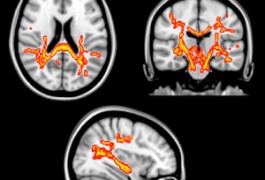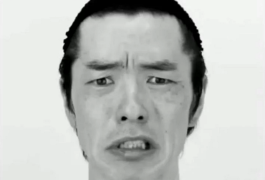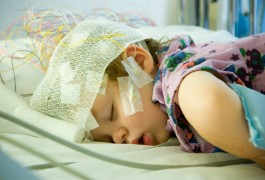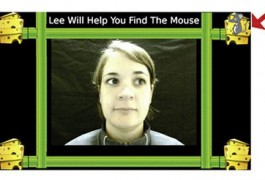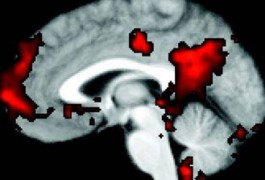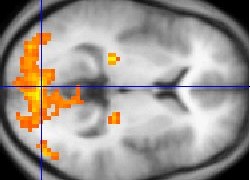Autism risk gene found to alter brain wiring
MET, a leading candidate gene for autism risk, influences the strength of connections between brain regions involved in social behaviors, and this effect is especially prominent in people with the disorder. The findings are from a large study using several imaging techniques, published 6 September in Neuron.
